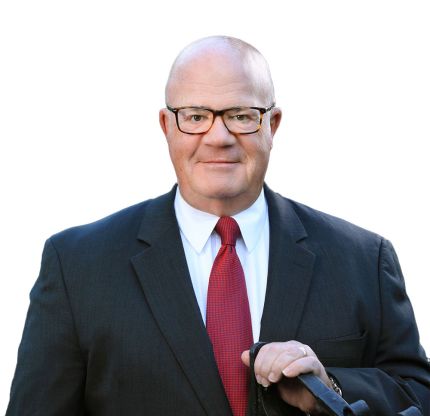
How “Best Purpose” Trumps “Best Practice”
How a part time hostess taught me the most valuable lesson.
It was late 1989. Rachel was then in her mid 70’s. A retired school teacher, she had worked for us for about 6 or 7 years. She was a quiet, unassuming and gracious woman who had that gift of always making you feel welcome. As a part time hostess she was stationed by the front door of our main facility during public hours…often during visitations. I was President of the nation’s oldest and among its most prestigious independently owned funeral homes. We served 850 families and operated two cemeteries and a crematory. Rachel always received more positive comments on our Family Surveys than any other employee full or part time.
The funeral home was widely respected and even admired by both the public we served and professional colleagues for its high standards of service. We believed our 70% + market share was a direct result of those high standards. Certainly, they were a large part of our success.
But Rachel taught me an important lesson about an even more powerful market driver: Best Purpose.
Part of the reason that company was so admired for its high standard of service was a very rigid and unyielding set of employee expectations. We all had a clear understanding of the “musts” and “must-nots” of our daily behavior and routine. Mistakes were typically only made once, if they were made at all. But lest you think this was some closely watched and supervised culture, I should be clear. The resulting quality and superior performance created a level of “Esprit De Corps” that made the behaviors more or less “self sustaining.” The problem was not in the performance but in the unrecognized limitation on “above and beyond” initiative that it unconsciously imposed.
Rachel, independently and without permission, deviated from one of our “cast-in-stone” rules and I was delegated to tell her not to do it again.
Raleigh, NC, where I live, continues to this day to prefer receiving lines over mingling. We discovered that about half way through visitations Rachel was taking the initiative to bring a glass of water to the widow or widower. Food and beverage of any kind was strictly forbidden in any of the public areas of our buildings. It was this act of kindness that I was told to stop. Now, lest you be too harsh, this was the 1980’s and this type of courtesy was not so obvious back then. And besides, this story is not about rules (good or bad) it is about purpose which we had but did not emphasize.
I began my conversation reminding Rachel of the rules and asking her why she was doing it. She responding so graciously that I still remember it. She said, “Mr. Creedy, I understand the rule. But when you buried my husband I remember standing in that same line and thinking I would kill for a glass of water. So, I try to make their life a little easier by bringing it to them.” I remember answering: “Rachel, you just forget that we had this conversation and continue what you are doing.” I went back to the owner and told him that Rachel was doing the right thing and we all needed to be thinking like Rachel.
The lesson is this: Maybe the company was successful because of its high standards but Rachel was more successful because she had a higher purpose.
What is your purpose? If I asked you without warning, could you tell me in less than 60 seconds without thinking? Could your staff?
Simon Cooper, President and COO of Ritz Carlton Hotels, strives for “Scriptless Service.” This means that employees must be able to think, anticipate and act without being told. They must have the ability and latitude to take initiative when they see an opportunity to help a guest.
Rachel taught me that the highest of standards and expectations without clarity of purpose can cause us to miss the most important things.
How people behave is what they believe. Does the behavior of your staff indicate they have high standards and high purpose? Does your behavior?
You may reprint this article by including the following on your publication:
“reprinted with permission, Creedy & Company, www.creedycomments.wordpress.com all rights reserved 2010”
Our Blogging Expert

Business Consultant / Owner
Popular Articles
